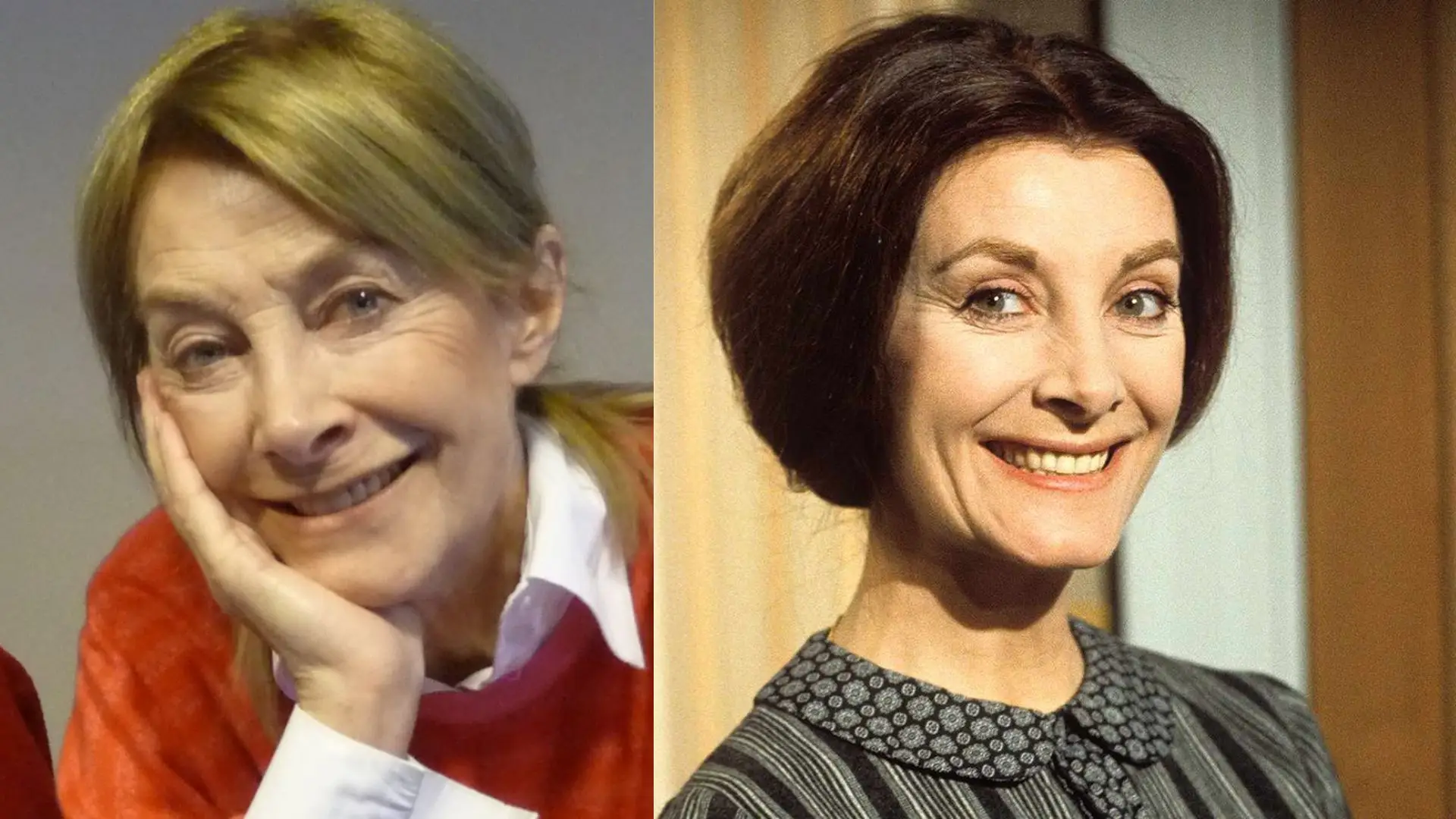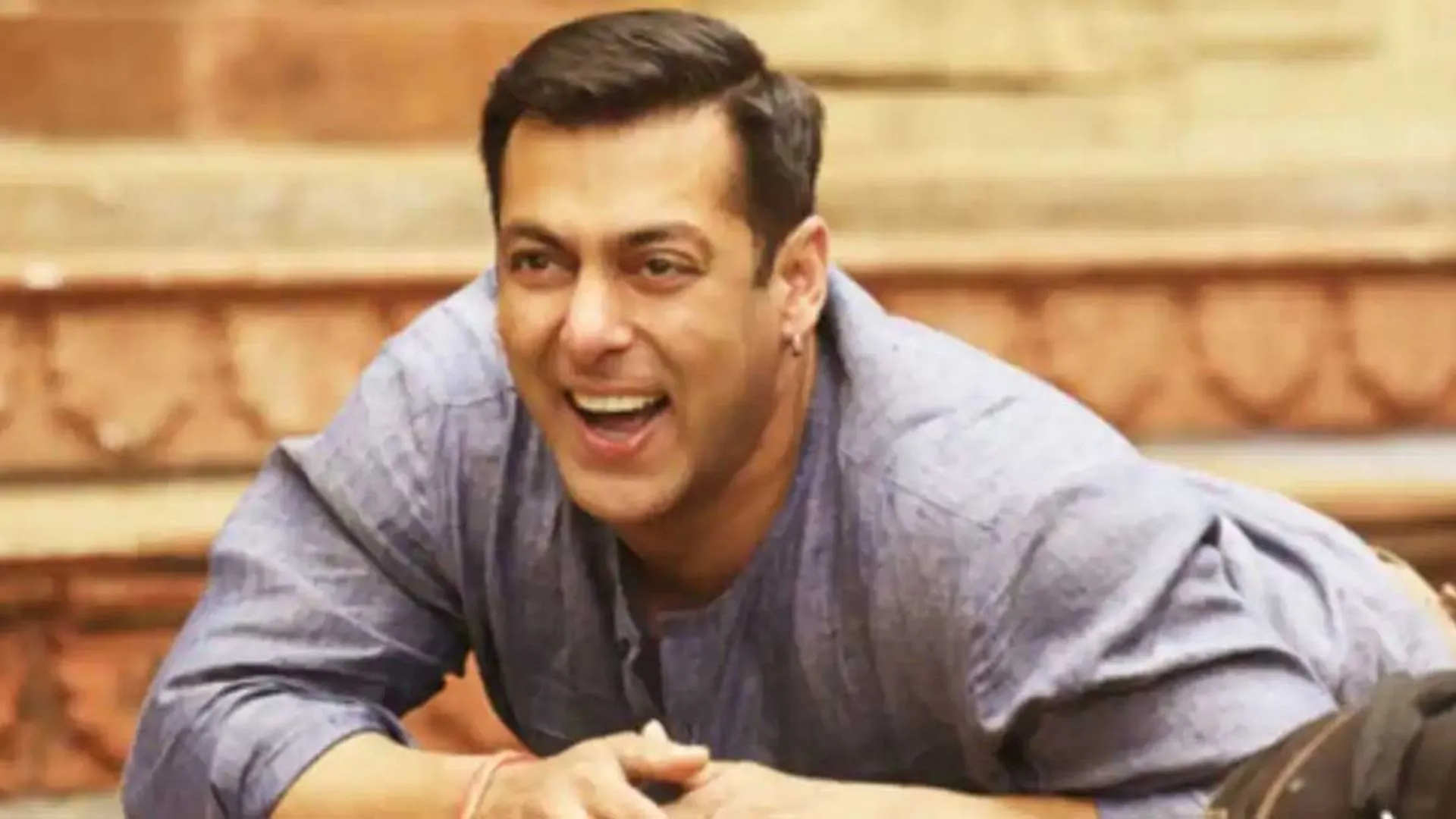Manolo Marquez, who arrived in India in 2020 to join the Indian Super League (ISL) during the coronavirus pandemic, has spent five seasons in the country. After experiencing the initial chaos at Mumbai airport, he has now settled into his role, reflecting on his successful time in India and the future of the sport. In August 2024, Marquez took on the dual responsibility of coaching both FC Goa and the Indian national team, following Igor Stimac’s departure.
The ISL’s Growing Competitiveness
Asked about this season’s competitiveness in the ISL, Marquez emphasized how closely matched the teams are. “In terms of excitement, yes, because all teams are very equal,” he said. However, he pointed out that while the competition is intense, the quality of foreign players has declined compared to previous seasons. “The foreigners were better in the past, and when you train with better players, your level increases,” Marquez explained.
Reflecting on His Unexpected Journey
When Marquez first arrived in India, he never imagined that five years later, he would be managing the national team. “I remember my first flight from Barcelona and reaching Mumbai — the chaos at the airport was crazy,” he joked. “I told myself, ‘What are you doing here?’ But now, I’m the national team coach and also the coach of one of India’s biggest clubs. India has become like my second home.”
Juggling Dual Roles
Marquez acknowledged the challenges of managing both his duties with FC Goa and the national team. “Everyone’s opinion can be different. If Goa is doing well, people will say I’m not focusing on the national team. If the national team struggles, they’ll say the opposite,” he said. Despite this, Marquez remains confident in his ability to balance both roles, citing his extensive knowledge of Indian football and players as a key factor. “After five seasons, I know all the players in the ISL and the I-League,” he added.
Uncertainty in Indian Football
One of the recurring challenges Marquez highlighted is the lack of clarity around the football calendar in India, which can complicate preparation. “India needs to solve this problem,” he said, pointing to the uncertainty surrounding fixtures like the Super Cup and I-League start dates. “You need to know everything beforehand to plan properly,” he stressed. Marquez recalled his first season, when the ISL’s delayed start led to a disrupted pre-season: “A single week of pre-season can be crucial.”
Indian Players and the Desire to Play Abroad
Marquez has spoken about the reluctance of Indian players to move abroad, with many comfortable with the salaries and stability they find in India. “The young players have a good opportunity to go abroad, but for those aged 26-28, it’s difficult,” he said. While he believes some Indian players could play abroad, he admitted that the appeal of staying home is strong due to financial security. “Sometimes people get angry when I talk about this, but it’s the reality,” he added.
Dual Nationality Debate in Indian Football
When asked about the issue of dual nationality in football, Marquez expressed his support for the Persons of Indian Origin (PIO) system but pointed out that it creates challenges. “The rules are not the same for everyone. It’s a problem for each country, not FIFA’s,” he said, referencing India’s situation. While he is in favor of players with PIO status, he also acknowledged the complexities this system introduces to international competitions.
Adapting Style for the National Team
As the coach of both FC Goa and India, Marquez faces the task of adapting his tactical approach to the unique characteristics of each team. “At FC Goa, we play a 4-2-3-1, but with the national team, I have to adjust depending on the players available,” he explained. Despite the differences in style, his primary goal is for the players to understand the tactical concepts, regardless of the system. “The most important thing is that the players understand what you’re explaining,” Marquez noted.
Long-Term Vision for Indian Football
Marquez also spoke candidly about his long-term goals for Indian football. He emphasized the need to develop the sport from the grassroots level, with a focus on youth teams. “The future of Indian football lies in the teams to come, not the current national team,” he stated. Drawing parallels with Spain’s footballing success, where youth development plays a key role in the national team’s success, Marquez believes India must build from the U-15 level up. “In Spain, the coach who won the European Championship had previously coached the U-19 and U-21 teams. The same players progress through the system,” he explained.
While Marquez acknowledged the current national team’s strengths, he emphasized that the real progress will come from the players who are still developing. “I’m very happy with the players here now, and their attitude is excellent. But the future is what matters most,” he said.
Marquez concluded by stressing that although there is much work to be done, the potential for Indian football to improve is there—especially with the talent emerging from the youth system.
Read More : Indian Football Legend Syed Nayeemuddin Heartbroken Over Loss Of 1970 Asiad Bronze Medal























